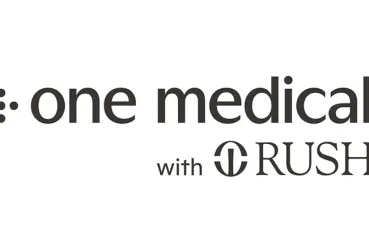It’s open enrollment season and health care is top of mind as you anticipate what your needs will be in the coming year. Choosing the right health insurance plan during open enrollment can be confusing.
To help you make the best decision, here are a few things to consider.
- What will your costs be? In figuring this, include your monthly premium (the amount you pay every month whether you receive care or not) plus copayments and deductibles, which depend on services you receive. Choosing a plan with low premiums often means you will pay higher deductibles, so be sure to consider both to determine your overall monthly cost. If you rarely visit the doctor, a plan with higher deductibles may work best for you — but that might not be your best choice if you are a familiar face in the doctor’s office. You should also consider your maximum out-of-pocket costs — the maximum you will pay in a year, excluding premiums.
- Are there restrictions on the doctors you can see? Open enrollment is your chance to choose your provider and a medical group that offers you a network of skilled specialists and surgeons. Some plans restrict the network of providers. If you have a favorite doctor, make sure he or she is part of the plan you select. If you use a physician outside of the network, you could end up paying more out-of-pocket or your claim could be denied. Choosing a Rush provider gives you access to the area’s top providers.
- Can you be treated at any health care facility? Know where your doctor or health care group performs procedures and surgeries. It may be convenient to go to a facility close to your home, but it is also important to check your hospital’s safety ratings. Rush hospitals offer convenience and have received top ratings for patient safety from the Leapfrog Group, Magnet status for nursing excellence, and high marks for quality and patient experience from the Centers for Medicare and Medicaid Services — important information to know if you may need surgery or a procedure. When you receive treatment from any Rush hospital, you are connected to academic medicine.
- Are your prescription drugs covered? Check to see if the specific prescriptions you use are covered and what your copay will be. Also check to see if the plan includes your local pharmacy.
- Are virtual visits covered? If you are interested in this convenient, secure way of receiving health care, check to see if your plan covers e-visits or video visits. Rush providers offer both. This allows you to use your smartphone or computer to talk to a provider, receive a diagnosis and get a treatment plan — all from the comfort of home or wherever you happen to be.
Compare the available insurance plans and choose the one that fits your budget, lifestyle and health needs. Learn more about physicians and accepted insurances at Rush Copley Medical Group, Rush Oak Park Hospital and Rush University Medical Center.




